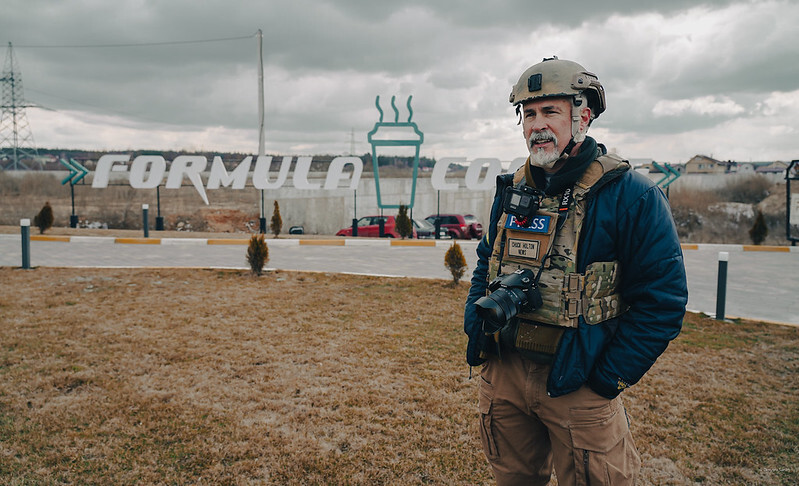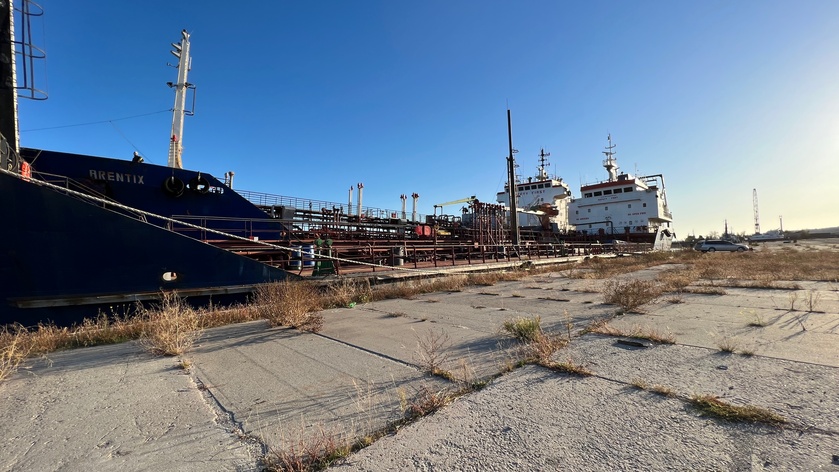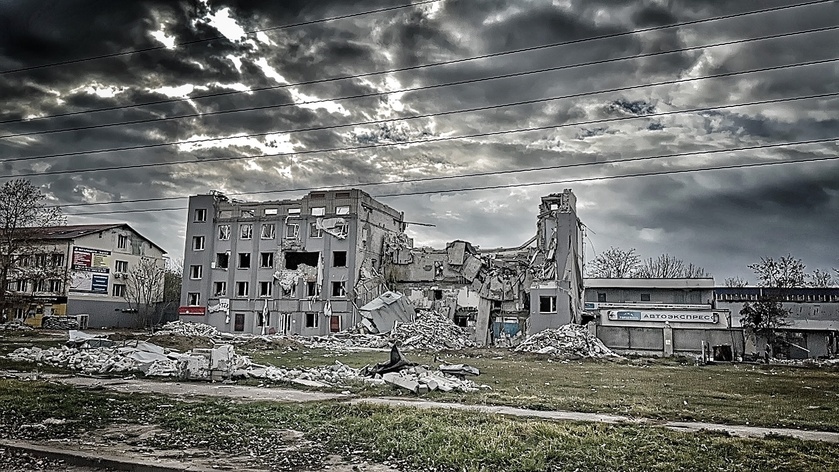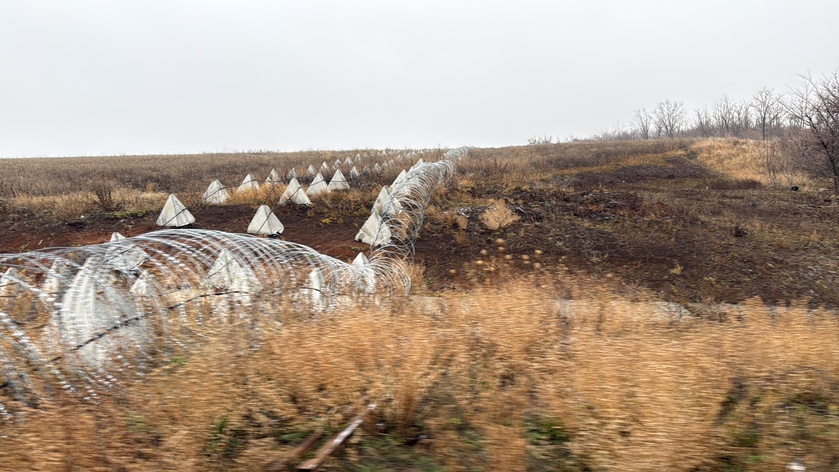

Since the war in Ukraine began in 2022, the U.S. has poured billions into supporting Ukraine’s defense and economy. Now, the U.S. and Ukraine are setting up a Reconstruction Investment Fund—but what does that mean, and who really benefits? Let’s break it down.
The Basics of the Deal
Ukraine is getting wrecked by war, and rebuilding won’t be cheap. This agreement sets up a jointly managed fund where both the U.S. and Ukraine put in money to finance reconstruction projects.
- Ukraine’s Contribution: Instead of handing over cash, Ukraine will give 50% of future profits from its natural resources—think oil, gas, minerals, and infrastructure projects (like ports).
- U.S. Commitment: The U.S. promises long-term investment, bringing in money, financial tools, and expertise to help rebuild.
- Joint Control: Both countries will co-manage the fund, and neither side can sell or transfer its stake without the other’s approval.
- Blocking Russia: The deal makes sure Russia (or any of its allies) won’t benefit from Ukraine’s reconstruction.
Sounds fair, right? Maybe. But let’s dig deeper.

What Could Go Wrong?
On the surface, this looks like a win-win: Ukraine gets U.S. investment, the U.S. gets a stake in Ukraine’s future economy, and Russia gets locked out. But there are some big unknowns:
Is Ukraine’s Natural Wealth Overhyped?
- The last major resource surveys of Ukraine were done in the 1960s, under Soviet rule. That’s outdated data.
- Some estimates claim Ukraine is sitting on trillions in untapped minerals—but if those numbers are exaggerated, Ukraine might be giving away 50% of a pie that doesn’t exist.
Who Controls the Resources?
- Many of Ukraine’s oil, gas, and mineral-rich areas are now controlled by Russia (especially in the east and Crimea).
- If Ukraine never regains that land, what’s left for the fund to profit from?
Extracting Resources is Expensive and Dangerous
- Mining and drilling are environmentally risky, especially in war-torn areas full of landmines, bomb craters, and destroyed infrastructure.
- If cleanup and extraction costs outweigh profits, Ukraine may not see the revenue it expects.
Does Ukraine Stay in Control?
- By giving up 50% of its resource profits, Ukraine is partially handing over control of its future economy.
- The U.S. holds a major seat at the table, which could mean strings attached to future economic and political decisions.
So, Who Wins?
- Short-term, Ukraine wins—it gets immediate investment and U.S. backing for rebuilding.
- Long-term, the U.S. benefits the most—if Ukraine’s resources are valuable, the U.S. gets a stake in the profits and deepens its influence over Ukraine.
- Russia loses—it won’t have access to post-war economic benefits and may lose long-term leverage over Ukraine.
Final Takeaway
This deal isn’t just about rebuilding—it’s about who controls Ukraine’s economic future. If Ukraine’s resources turn out to be a goldmine, it may regret giving away 50% of the profits. But if they’re overestimated, then Ukraine essentially traded away nothing for U.S. money and security guarantees—which wouldn’t be a bad deal.
The real test? Whether the resources are as valuable and accessible as advertised. If they aren’t, Ukraine might have just sold a dream.

















